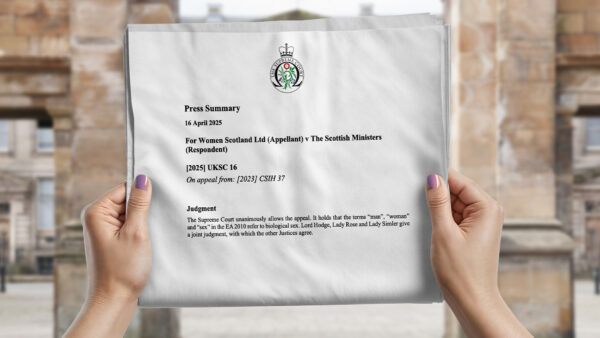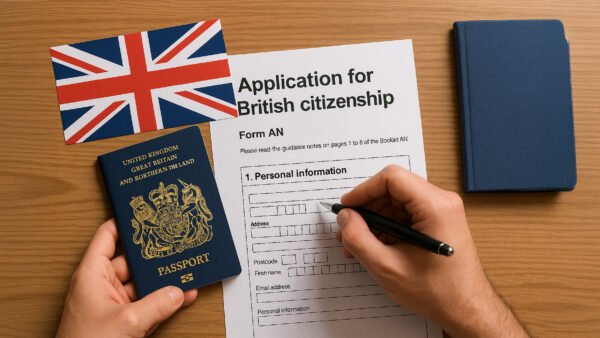The Innovator Visa, introduced in 2019 to replace the Tier 1 (Entrepreneur) Visa, was lauded as a progressive initiative to attract innovative entrepreneurs to the UK. Yet, five years on, the scheme is increasingly criticised for falling short of its ambitions. Rather than fostering innovation and encouraging talented entrepreneurs to choose the UK as their base, the Innovator Visa is often seen as restrictive, opaque, and poorly executed. In its current state, the scheme risks stifling the very immigration it seeks to encourage.
The Endorsing Bodies: A Lack of Clear Guidance and Oversight
One of the cornerstone issues with the Innovator Visa is its reliance on endorsing bodies. Applicants must secure endorsement from one of these organisations, which assess whether the applicant’s business proposal is innovative, viable, and scalable. However, the criteria for “innovation” remain poorly defined.
For instance, what constitutes innovation? Is it limited to cutting-edge technology, or could it also include innovative approaches to traditional industries? The endorsing bodies appear to have significant discretion in interpreting this term, resulting in inconsistency and confusion. Entrepreneurs who are clearly innovative in their respective fields may be rejected because their business ideas do not align with the subjective understanding of innovation held by a particular endorsing body.
This lack of definition is compounded by insufficient moderation of the endorsing bodies’ decisions. There is no robust oversight mechanism to ensure consistency or fairness across these organisations. As a result, the process becomes a lottery, with outcomes heavily influenced by which endorsing body an applicant chooses.
The Chilling Effect on Aspiring Entrepreneurs
The uncertainty surrounding the endorsement process is a significant deterrent for many talented entrepreneurs. The process often feels opaque, with limited transparency around decision-making criteria and inadequate feedback for rejected applicants.
Additionally, the focus on innovation, while well-intentioned, may unintentionally exclude promising entrepreneurs whose businesses are more incremental in nature but still offer substantial value. Many potential applicants are discouraged from even applying, fearing that their ideas will not meet the subjective and inconsistent standards of the endorsing bodies.
Moreover, the lack of uniformity among endorsing bodies has led to allegations of bias and arbitrariness. Entrepreneurs who have been rejected often report feeling as though they have no recourse or means to challenge decisions, further eroding confidence in the scheme.
Suggested Improvements
To salvage the Innovator Visa and achieve its original goals, several reforms are necessary:
1. Define Innovation Clearly
The Home Office must provide a clear and comprehensive definition of “innovation” to ensure consistency. Innovation could be broadly categorised to include advancements in technology, novel business processes, and creative solutions to existing problems. This would give applicants and endorsing bodies a more concrete framework to operate within.
2. Standardise the Endorsement Process
Introducing a uniform application process across all endorsing bodies is critical. This could include a centralised set of guidelines, mandatory training for assessors, and a detailed rubric for evaluating applications.
3. Strengthen Oversight Mechanisms
A dedicated oversight body should be established to monitor and regulate the endorsing bodies’ decisions. Regular audits and reviews would ensure fairness and accountability, addressing concerns of arbitrariness.
4. Improve Transparency and Feedback
Applicants deserve clear, detailed feedback on why their applications were rejected. This would not only help them refine their ideas for future attempts but also enhance the credibility of the process.
5. Broaden the Scope of Eligibility
While innovation should remain a key focus, the visa should also accommodate entrepreneurs who bring incremental improvements or novel applications of existing ideas. These businesses often have a significant impact on the economy and deserve equal consideration.
Conclusion
The Innovator Visa has the potential to be a powerful tool for attracting global talent and fostering entrepreneurship in the UK. However, its current implementation is fraught with flaws that undermine its effectiveness. By addressing the lack of definition around innovation, improving the endorsement process, and ensuring greater transparency and fairness, the UK can transform the Innovator Visa into a scheme that genuinely attracts and supports the world’s best entrepreneurial talent.
Without these changes, the Innovator Visa risks failing not only the applicants but also the UK’s ambitions to remain a global hub for innovation and business.
If you or your connections require legal advice, please contact Jayesh Jethwa or fill out our enquiry form below.









